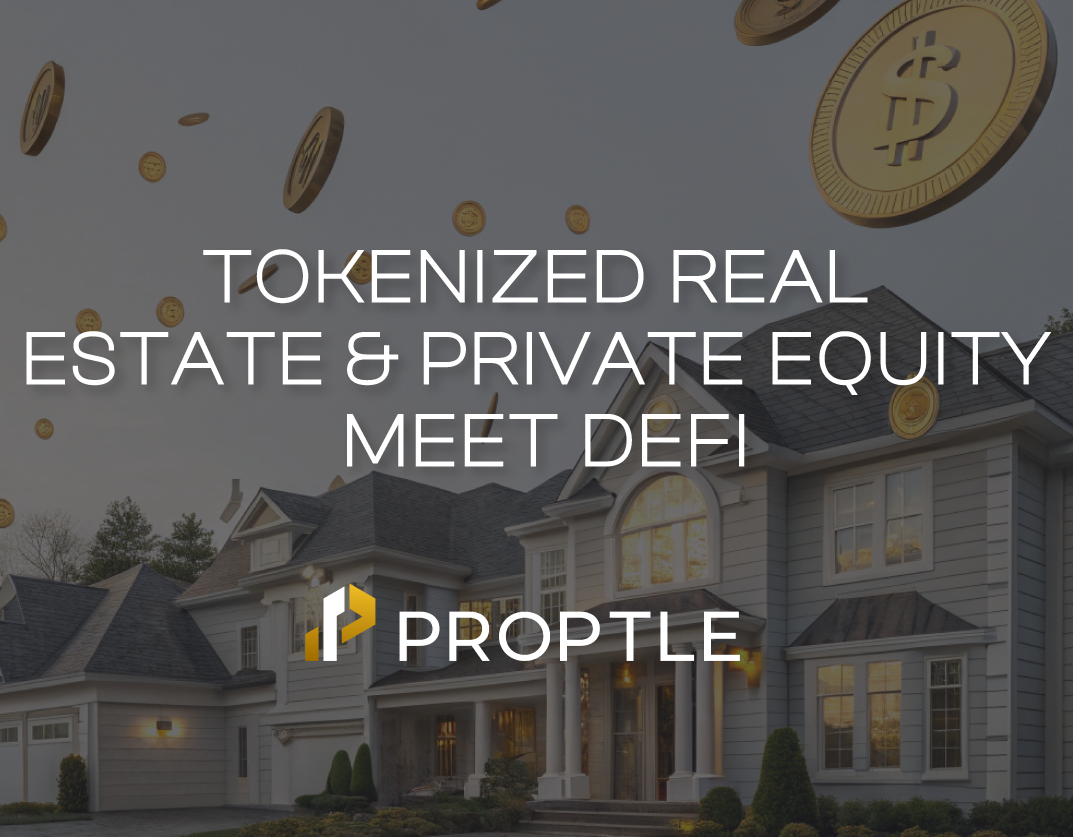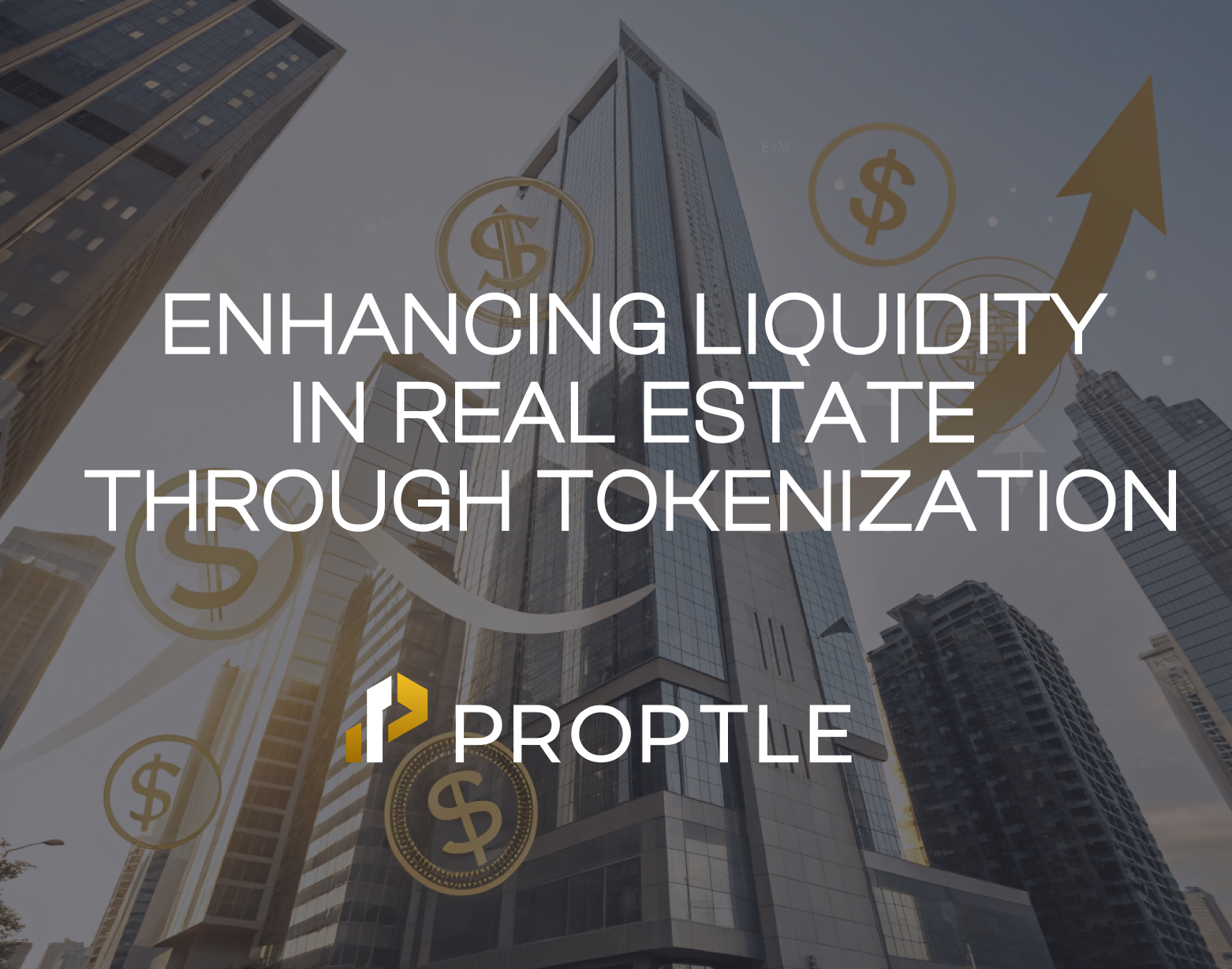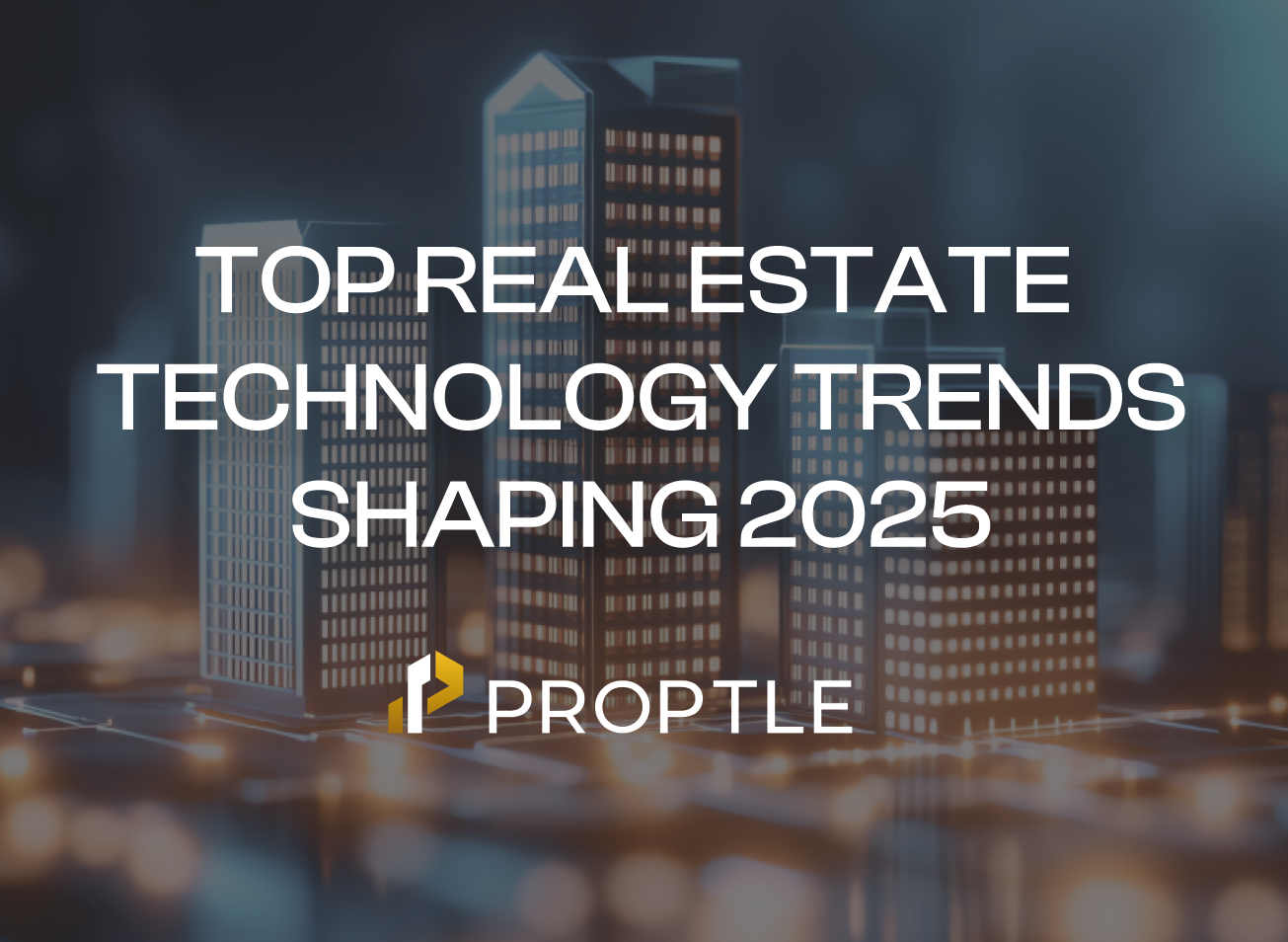Your message has been sent
Tokenization and the Future of Private Equity: Real Estate Meets DeFi
Recent

Tokenization is Transforming Private Equity and Real Estate
Private equity and real estate have long been pillars of wealth creation, but they’ve also been two of the most inaccessible markets for everyday investors. High minimum investments, limited liquidity, and complex legal structures made participation difficult and often exclusive to institutions and the ultra-wealthy. That’s beginning to change in a big way.
Thanks to tokenization and decentralized finance (DeFi), a new model is emerging that makes owning high-value assets more accessible, more transparent, and far more liquid. This evolution is especially clear in Dubai real estate tokenization, where regulatory innovation and blockchain infrastructure are combining to unlock a global, inclusive investment ecosystem.
In this blog, we explore how tokenization is redefining private equity, transforming real estate into a digital-first asset class, and introducing a new standard for diversified, borderless investing.
Private Equity's Traditional Landscape: High Returns, High Barriers
Private equity (PE) firms raise capital from Limited Partners (LPs) to invest in private companies or take public companies private, with the goal of improving their value and eventually selling them for a profit. While PE has consistently delivered attractive returns, it comes with inherent challenges:
- Illiquidity: Investments are locked up for 5–10 years, making it difficult for LPs to exit or reallocate capital.
- High Minimum Investments: Typically requiring commitments of millions, PE funds are out of reach for most individual investors.
- Lack of Transparency: Valuations are less frequent, and reporting requirements are less stringent than public markets.
- Complex Fee Structures: The "2 and 20" model (2% management fee, 20% of profits) can be opaque and high.
- Limited Access: Restricted to a small pool of accredited and institutional investors.
Real estate, as a significant component of many private equity portfolios (e.g., real estate funds, infrastructure funds), amplifies these illiquidity concerns. Selling a large commercial building or a portfolio of properties is a slow, costly, and complex endeavor.
Real Estate Tokenization: Injecting Liquidity into the Illiquid
Real estate tokenization is the process of converting ownership or economic rights of a physical property into divisible, digital tokens on a blockchain. Each token represents a fractional share, offering a profound shift from the traditional model:
- Enhanced Liquidity: Tokenized real estate can be traded 24/7 on global digital marketplaces with near-instant settlement.
- Reduced Transaction Costs & Increased Efficiency: Blockchain automates ownership transfer, compliance, and rent distribution—cutting out costly intermediaries.
- Transparency & Immutability: All transactions are stored immutably on the blockchain, reducing fraud and enhancing trust.
- Global Accessibility: Tokens transcend borders, allowing international investors to enter markets once inaccessible.
When applied to private equity, blockchain real estate investment transforms illiquid fund interests or underlying real estate assets into more flexible, tradable securities. This directly addresses the challenges of private equity by:
- Democratizing Access: Lowering barriers for everyday investors.
- Enabling Secondary Markets: Allowing LPs to exit early via token sales.
- Streamlining Operations: Automating capital calls, distributions, and reporting.
Real Estate Meets DeFi: A Powerful Symbiosis
DeFi (Decentralized Finance) is a blockchain-based ecosystem that operates without traditional financial intermediaries. When combined with tokenized real estate, new financial opportunities emerge:
- Lending and Borrowing: Use tokenized real estate as collateral to borrow without selling.
- Liquidity Pools: Contribute tokenized assets to decentralized exchanges to enable continuous trading.
- Yield Farming & Staking: Earn passive income through staking mechanisms or yield strategies.
- Programmable Finance: Automate rent distribution, create fractional mortgages, or even derivatives via smart contracts.
Dubai: A Global Nexus for Real Estate Tokenization
Dubai has emerged as a global leader in tokenized real estate, thanks to its forward-thinking regulatory environment and blockchain infrastructure:
- Dubai Land Department (DLD): Pushing blockchain adoption through land registry innovations and the Real Estate Sandbox.
- VARA Licensing: A robust framework for tokenized asset platforms, particularly within the DWTC free zone.
- Prypco Mint: The first DLD-licensed tokenized real estate platform in the MENA region, allowing fractional ownership with low minimums.
- Future Outlook: The DLD projects up to 7% of real estate transactions will be tokenized by 2033, representing billions in asset value.
Dubai exemplifies how urban innovation and regulation can create a blueprint for liquid, inclusive real estate markets.
Diversifying Your Portfolio with Tokenized Real Estate Assets
Tokenized real estate offers powerful new ways to diversify an investment portfolio:
- Lower Entry Barriers: Buy fractional shares across property types and locations with smaller capital.
- Geographic and Sectoral Diversification: Spread risk across global markets and property sectors.
- Access to Previously Inaccessible Assets: Invest in luxury, industrial, or large-scale developments.
- Enhanced Liquidity for Rebalancing: Trade tokens like stocks to shift exposure in real-time.
- Income Diversification: Earn passive rental income alongside asset appreciation.
The Future is Liquid and Decentralized
The convergence of tokenization, real estate, and DeFi is not a passing trend—it’s a paradigm shift.
- For Private Equity Firms: Unlock new capital sources, automate operations, and offer flexible liquidity options.
- For Investors: Gain access to high-value assets, diversify more effectively, and participate in a global digital economy.
As platforms evolve and regulations mature, the future of private equity and real estate is set to become borderless, transparent, and radically liquid—powered by blockchain.
The future of private equity is here, and it's built on tokens.
Related Blogs
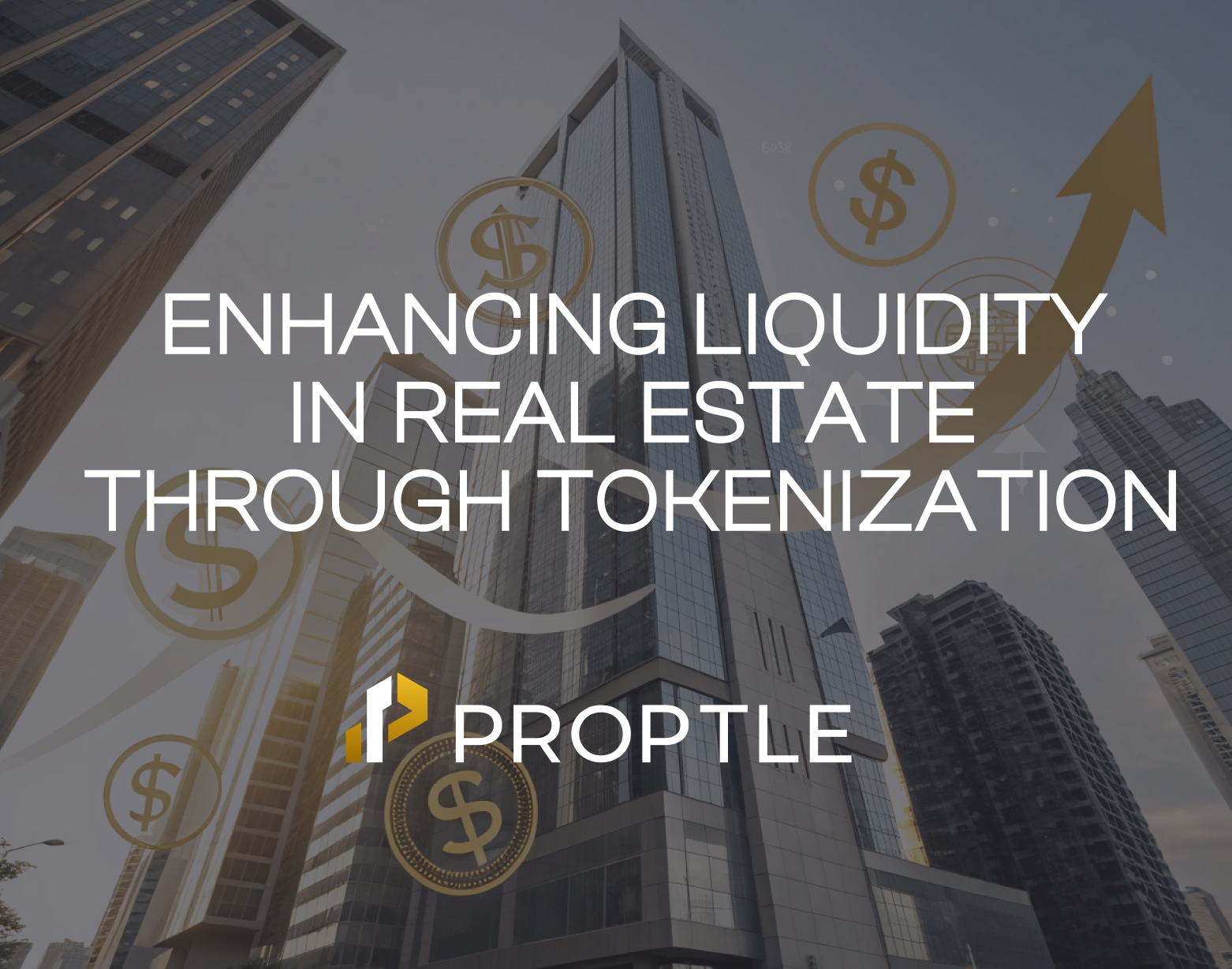
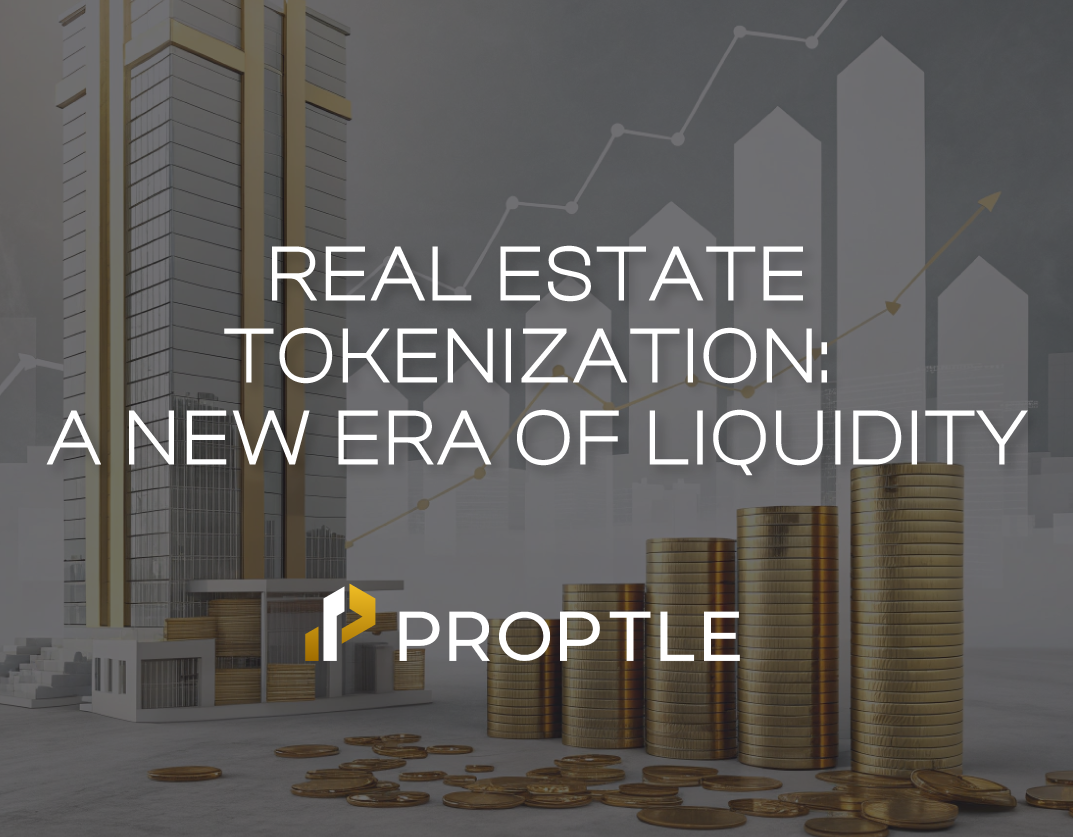
blockchain
How Real Estate Tokenization Enhances Liquidity in Traditionally Illiquid Markets
by | 3 months ago
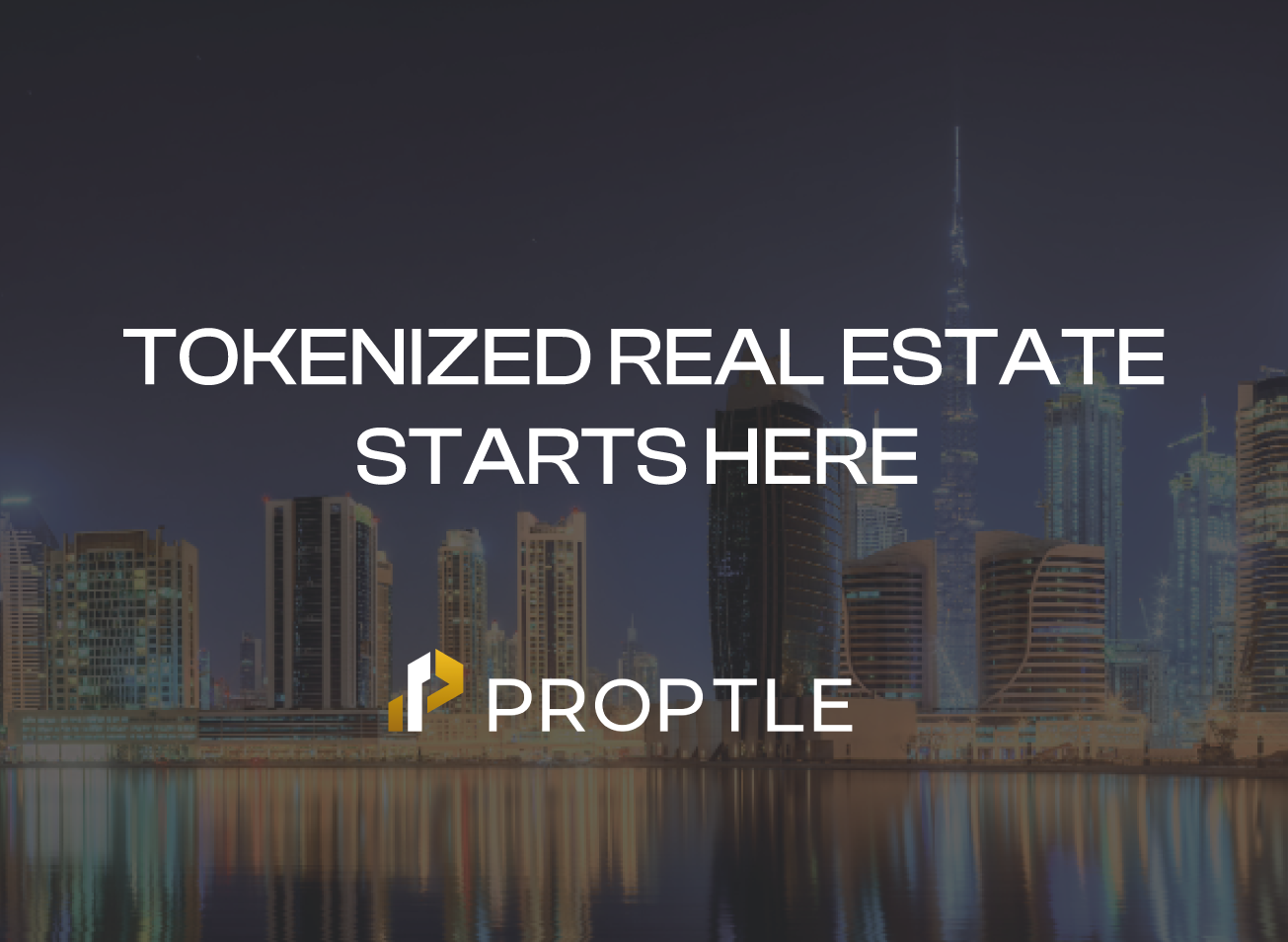
blockchain
Real Estate Tokenization in Dubai: A Blockchain-Powered Investment Revolution
by | 4 months ago
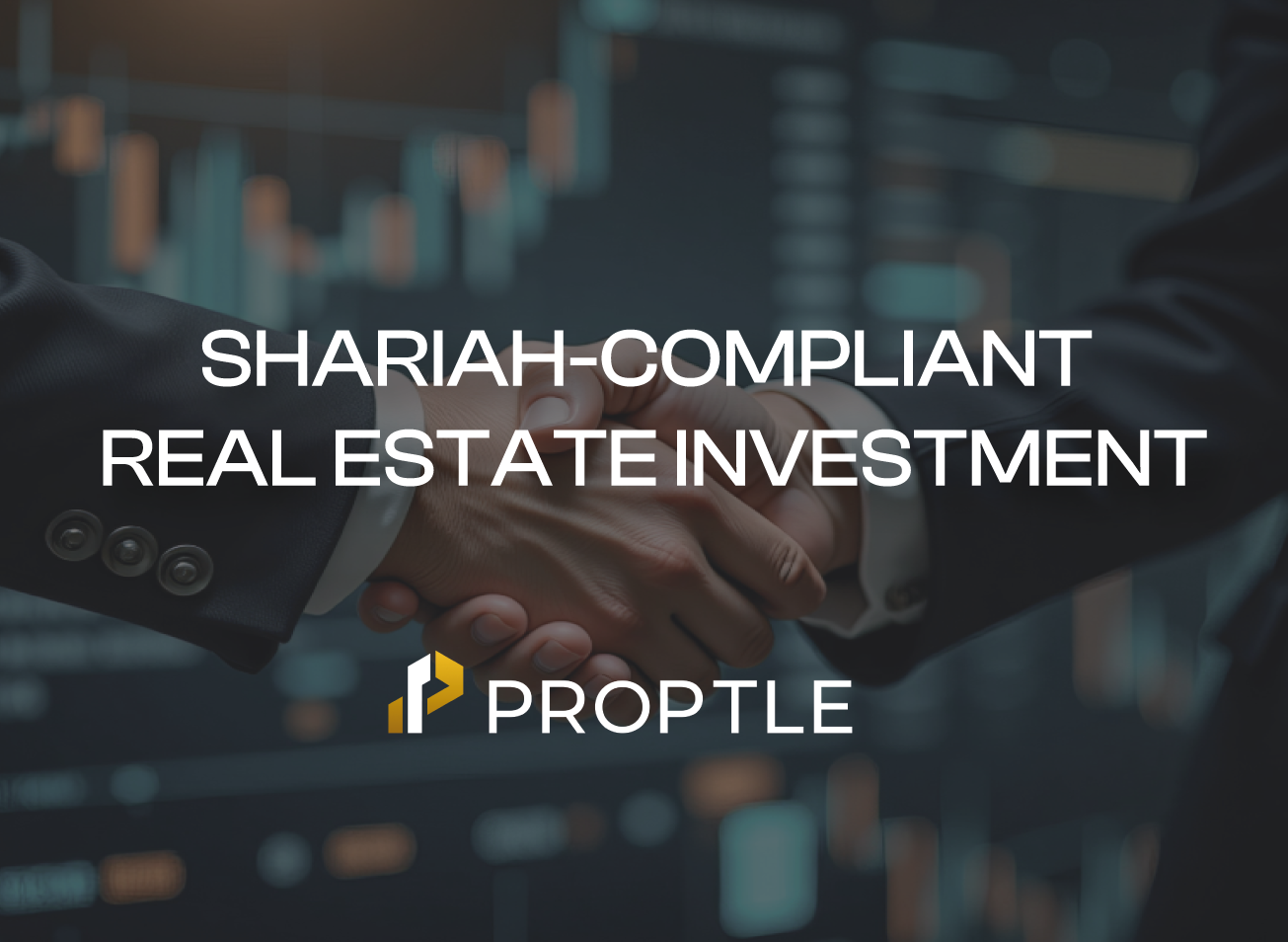
blockchain
Shariah-Compliant Real Estate Investment: How Blockchain Is Empowering Ethical Finance
by | 4 months ago
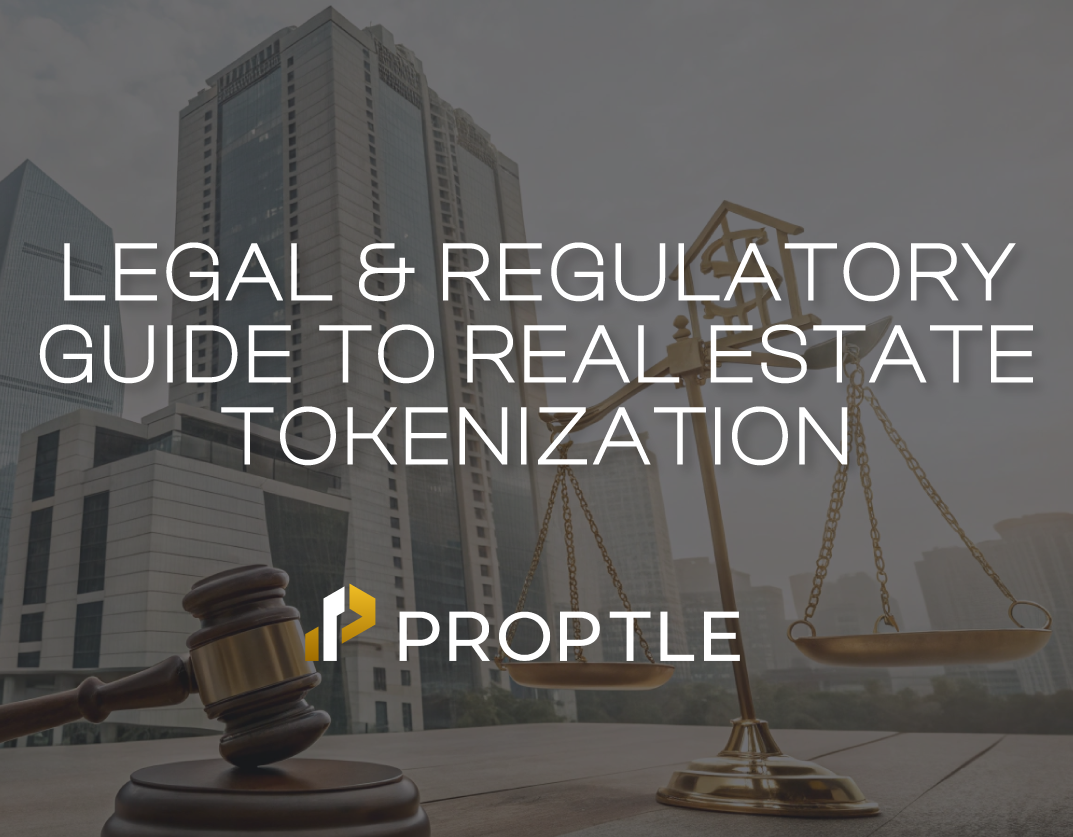
blockchain
The Complete Guide to Legal & Regulatory Compliance in Real Estate Tokenization
by | 3 months ago
